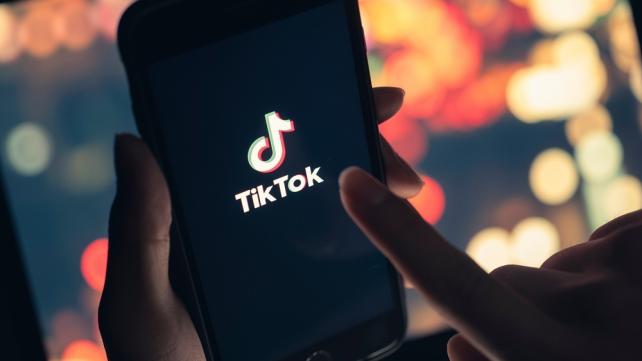
In the digital age, social media platforms have become powerful tools for spreading awareness and initiating social change. Among these platforms, TikTok has emerged as a hub for creativity, entertainment, and, increasingly, activism. Particularly notable is the youth-led movement on TikTok that aims to raise awareness about the ongoing genocide in Gaza and Palestine, shedding light on the plight of its people and advocating for justice. Recent discussions surrounding a potential TikTok ban, however, threaten to silence this crucial avenue for education and advocacy.
TikTok, with its user-friendly interface and expansive reach, has become a breeding ground for activism, where young people leverage its features to amplify their voices and share important messages. Amidst the saturation of dance challenges and comedic skits, users are using the platform to educate their peers about pressing global issues, including the humanitarian crisis in Gaza and Palestine.
Through short-form videos, creators are providing accessible explanations of the historical context, current events, and human rights violations occurring in Gaza and the region. These videos serve as educational tools, breaking down topics into digestible chunks and reaching audiences that may not engage with traditional forms of media. By humanizing Palestinans and centering the experiences of those affected, TikTok creators are fostering empathy and solidarity among their viewers.
Despite its potential as a vehicle for social change, TikTok faces mounting scrutiny from governments and regulatory bodies worldwide. Under the guise of concerns regarding data privacy, content moderation, and national security, legislators have prompted calls for bans or restrictions on the platform in several countries, including the United States. Like many others, I believe that a ban on TikTok would have detrimental consequences for the youth-led movement advocating for Gaza and Palestine.
A ban on TikTok would effectively silence the voices of millions of users who are utilizing the platform to raise awareness about global issues. It would disrupt ongoing efforts to educate the public, mobilize support, and hold governments and institutions accountable for their actions. Furthermore, it would deprive marginalized communities, including Palestinians, of a platform where they can share their stories and advocate for their rights on an international scale. Part of the import of a platform like TikTok being a vehicle for the amplification of marginalized voices is that we cannot count on our voices being heralded in the mainstream media. Quite the contrary, on the issue of Palestine, we are constantly fighting a significant pro-Israeli media bias.
As advocates for justice and freedom of expression, we must mobilize to prevent the implementation of a TikTok ban. Here are some steps that concerned individuals can take to oppose this threat:
1. Educate others.
Spread awareness about the potential consequences of a TikTok ban, particularly its impact on marginalized communities and youth activism.
2. Engage with decision-makers.
Reach out to policymakers, lawmakers, and regulatory bodies to express opposition to a TikTok ban and advocate for alternative solutions that address concerns without stifling free speech.
3. Support activists.
Amplify the voices of TikTok creators who are using the platform to advocate for Gaza and Palestine. Share their content, engage with their messages, and contribute to ongoing conversations about the crisis.
4. Utilize alternative platforms.
While TikTok remains accessible, explore alternative platforms where activism and advocacy thrive. Encourage creators to diversify their online presence to mitigate the impact of potential bans.
5. Stay informed.
Stay updated on developments related to TikTok regulation and be prepared to respond swiftly to emerging threats. Collaborate with like-minded individuals and organizations to strategize effective responses.
TikTok has emerged as a powerful tool for raising awareness and mobilizing support for social justice causes, including the ongoing genocide in Gaza and Palestine. The threat of a TikTok ban, however, poses a significant risk to the progress made by youth activists in educating the public and advocating for change. By standing in solidarity with Palestinians and opposing censorship in all its forms, we can work toward a future where platforms like TikTok serve as catalysts for positive social transformation.
Miriam Mohamed is a mother to seven children and a granny to two cats! She loves trying new things and learning cool facts. She has taught in an Islamic school setting, has experience assisting children with special needs, and enjoys volunteering and being a part of the community. Miriam lives in Chicago with her beautiful flowering cherry tree and big family.



Comments
Keep up the good work
Great work, keep it up
Location
Add new comment